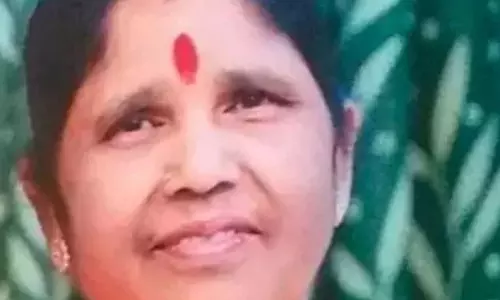Rajiv's visit to China broke ice: Chinese diplomat
The book is a compilation of nostalgic accounts of former Chinese diplomats who served in India.;

Beijing: Former Prime Minister Rajiv Gandhi’s visit to China in 1988 was an “ice breaking” trip and played a very important role in resuming and developing friendship between the two countries, a former Chinese diplomat has said.
Zeng Xyyong, who worked as a councillor at the Chinese Embassy in Delhi, wrote in an article that Gandhi’s meeting with Li Lianqing, China’s ambassador to India in 1987, broke the ice in bilateral ties leading to his visit to Beijing, the first by an Indian Prime Minister in 34 years.
As a “new generational leader” Gandhi aspired to promote the rise of India by carrying out economic reforms but found that the environment hindered his objective, Zeng wrote in an article, providing a rare insight into Chinese assessment of what led Gandhi to visit China and his close door meetings with the top Chinese leaders, including Deng Xiaoping.
The article, part of a book titled ‘stories of China and India’, was circulated to the media ahead of the Congress of the ruling Communist Party of China (CPC) to be held here on October 18 in which Chinese President Xi Jinping was expected to get a second five-year term.
“Over all, Rajiv Gandhi visit to China was an ice breaking trip, very important in resuming and developing friendship between China and India,” he wrote in the article.
The book is a compilation of nostalgic accounts of former Chinese diplomats who served in India. Besides India, only two other books, one on Pakistan and the other on Nepal containing write-ups by Chinese diplomats, were displayed at the CPC media centre.
“India had a tense relationship with Pakistan for many years, it got involved in civil war in Sri Lanka in 1987. No substantial results had occurred in border negotiations with China,” Zeng said outlining his assessment of Gandhi’s decision to restore ties with China.
Zeng alleges that the longest standoff between the Indian and Chinese armies at Sumdorongchu in 1986 when the troops had an eyeball to eyeball stalemate.


